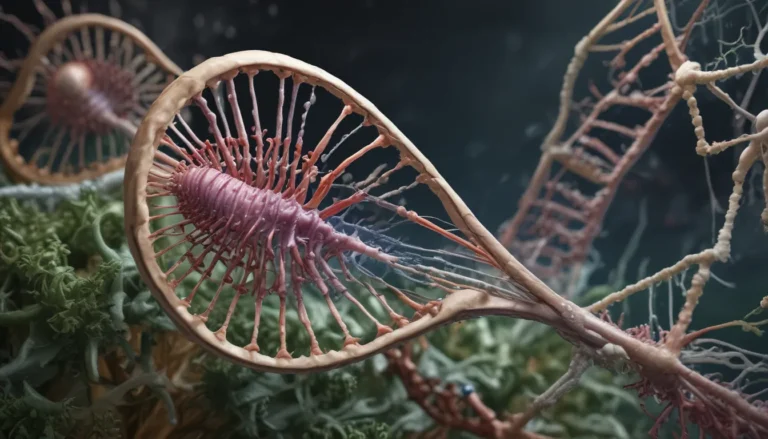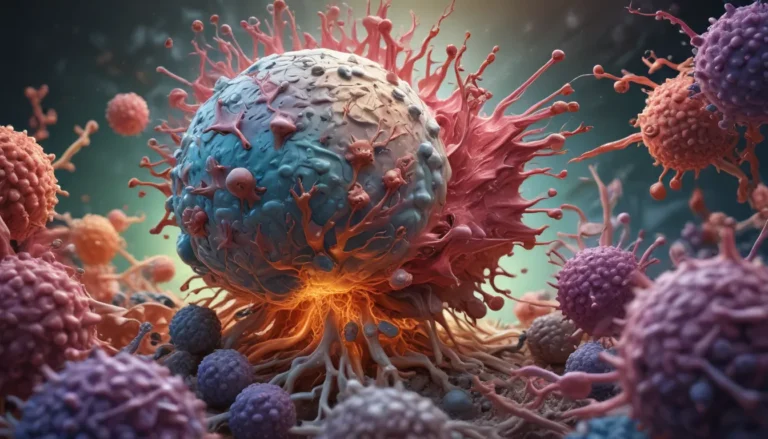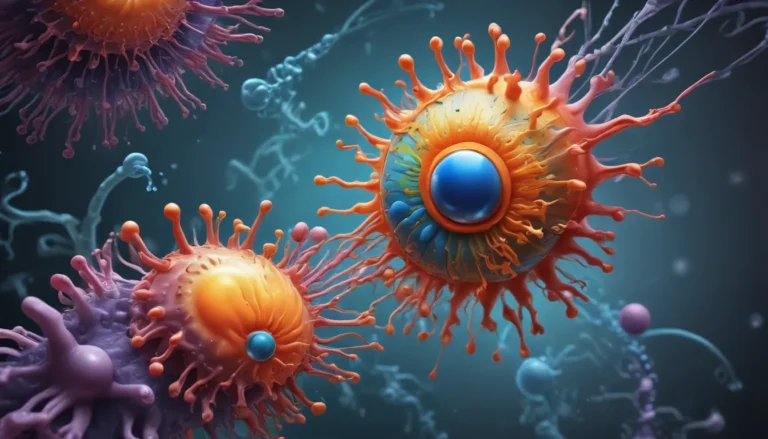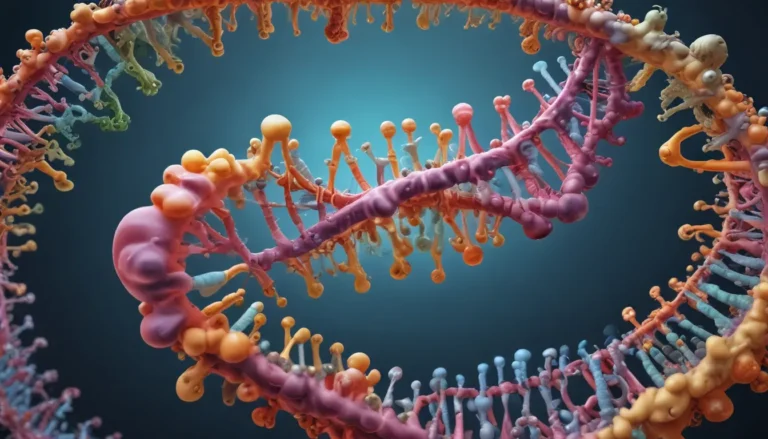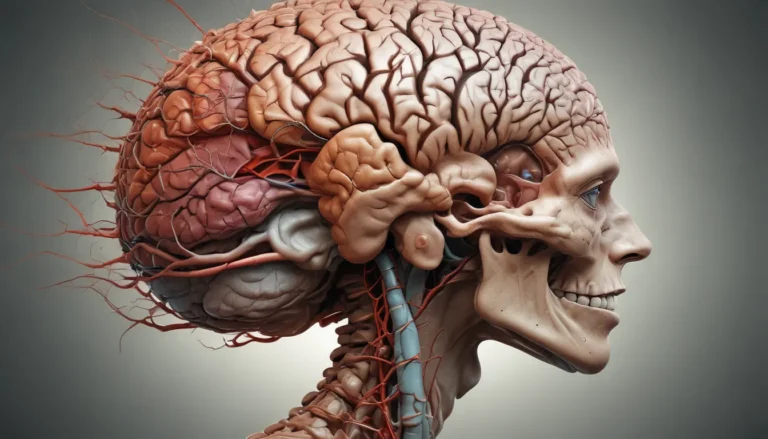A Note About Images: The images used in our articles are for illustration purposes only and may not exactly match the content. They are meant to engage readers, but the text should be relied upon for accurate information.
Welcome to the captivating world of Flavin Adenine Dinucleotide (FAD), a remarkable molecule that plays a vital role in various biological processes. From energy production to cellular metabolism, FAD is an essential coenzyme derived from riboflavin (vitamin B2). Its ability to carry electrons and protons is crucial for facilitating enzymatic reactions that are essential for our health and well-being. Join us as we delve into the extraordinary characteristics and applications of FAD to uncover 11 unbelievable facts about this fascinating molecule.
Key Takeaways:
- FAD acts as a superhero for our bodies, contributing to energy production, food breakdown, and cellular protection, ensuring our health and strength.
- Maintaining FAD levels through a healthy diet and active lifestyle is crucial. Inadequate levels can lead to fatigue, affecting the brain and heart.
The Role of FAD in Cellular Energy Production
FAD, or Flavin Adenine Dinucleotide, serves as an essential coenzyme in various biochemical reactions within cells. It plays a key role in facilitating hydrogen atom transport during cellular respiration, a process crucial for ATP generation, the cell’s main energy source.
FAD in the Electron Transport Chain
The electron transport chain, located in the inner mitochondrial membrane, heavily relies on FAD to facilitate electron transfer for ATP production. Without FAD, this essential energy generation pathway would be significantly impaired.
FAD and Macronutrient Metabolism
Participating in enzymatic reactions, FAD contributes to the metabolism of carbohydrates, fats, and proteins. It aids in converting glucose into energy, as well as breaking down fatty acids and amino acids for cellular utilization.
The Crucial Role of FAD in the Krebs Cycle
FAD is vital for the proper functioning of the Krebs cycle, also known as the citric acid cycle, which generates energy-rich molecules like NADH and FADH₂. Acting as a coenzyme in various enzymatic reactions within the cycle, FAD facilitates ATP production.
FAD in Biosynthesis of Biomolecules
Involved in synthesizing essential compounds like cholesterol, fatty acids, and neurotransmitters, FAD provides electrons and protons necessary for enzymatic reactions driving these processes.
FAD in Detoxification Processes
Certain enzymes utilizing FAD aid in detoxifying harmful substances such as drugs and pesticides. FAD assists in converting these toxins into less harmful forms for easy elimination from the body.
Antioxidant Properties of FAD
As an antioxidant, FAD neutralizes harmful free radicals, safeguarding cellular components from oxidative damage and contributing to overall cellular health and well-being.
FAD’s Impact on the Nervous System
FAD plays a crucial role in synthesizing neurotransmitters like serotonin and dopamine, essential for nerve cell communication. Its presence is vital for maintaining healthy neuronal function and overall neurological well-being.
Influences on FAD Levels
Diet, exercise, and medications can impact FAD levels in the body. A balanced diet rich in riboflavin, the precursor of FAD, is essential to maintain optimal coenzyme levels.
Health Implications of FAD Deficiency
A deficiency in FAD can lead to conditions like Ariboflavinosis, characterized by fatigue, throat and mouth inflammation, skin disorders, and impacts on neurological and cardiovascular functions.
Potential Health Benefits of FAD Supplementation
Research suggests FAD supplementation may offer benefits in supporting energy metabolism, enhancing athletic performance, and reducing the risk of chronic diseases. However, further studies are needed to understand the full extent of these benefits and potential side effects.
In conclusion, Flavin Adenine Dinucleotide (FAD) is a fascinating molecule with critical roles in cellular energy production, metabolism, and overall health. Understanding its significance sheds light on the intricate biochemical processes supporting life and guides us in making informed choices for optimal health.
FAQs
- What is FAD and why is it important in biology?
-
FAD (Flavin Adenine Dinucleotide) is a vital coenzyme derived from riboflavin, essential for energy production, cellular metabolism, and electron transfer reactions.
-
How does FAD contribute to energy production?
-
FAD acts as a cofactor for enzymes in cellular respiration and the Krebs cycle, aiding in the conversion of food molecules into ATP.
-
Can FAD be obtained through diet?
-
Yes, a balanced diet including riboflavin-rich foods like milk, eggs, meat, leafy greens, and fortified cereals can supply FAD.
-
What are the health benefits associated with FAD?
-
Adequate FAD levels support healthy skin, vision, nervous system function, immune system, and red blood cell production.
-
Are there risks associated with FAD supplementation?
- FAD supplementation within recommended doses is generally safe, but consulting a healthcare professional before starting any regimen is advisable.
Dive deeper into the fascinating world of metabolism, and explore the intriguing mechanisms of oxidative phosphorylation, and the essential role of coenzymes like Coenzyme A in various metabolic pathways. Trust in our commitment to providing reliable and engaging content as you embark on a journey of discovery and learning with us.

